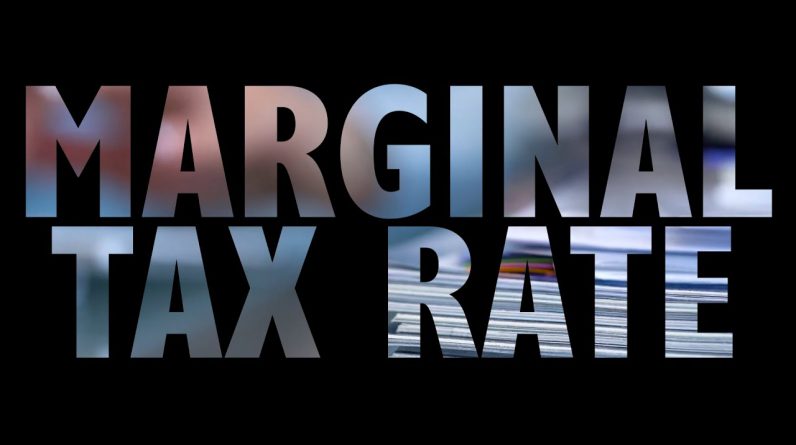A Copernican Revolution in American Economics!
$4 TRILLION DOLLARS! On average that’s how much the American economy grows annually. That’s, on average, how much new value is created each year by the American economy. 330 MILLION! That’s the approximate population of the USA in 2021. So, if you divide $4 trillion dollars by 330 million people, you’ll find that, on average, the American economy grows at the rate of $12,000 per person, annually.
COVID-19 Personal Finances Effects in Canada Could Be Harsh Despite Government HelpEffects of COVID-19 on Canadians’ personal finances could be severe. But now might be opportune to make tough decisions to reset crucial lifestyle choices that led to massive debt build-up since the Great Recession.
How Much Are You Paying For Free Stuff?There is no such thing as free stuff in reality – someone has to create the product and pay the cost of producing it. The trick is that sometimes the cost of the stuff is transferred to another person or paid for using some alternate method that is not obvious. How can you pay for free stuff? With time, stress and restrictions as opposed to what you would normally do.
Some Things ARE RealBeing skeptical isn’t a bad thing. With money being tight for most people it makes sense to join something for free so you can check it out before committing to anything.
Farmers Insurance Agency Offers Advice To Help Ensure Financial HealthOmaha insurance agent and philanthropist, suggests the following to ensure financial health for the year ahead and beyond: Develop a budget and stick to it. Start by making two columns, one for expenses and the other for income, and total them. Whether you make as much as you spend or not, see where you can cut corners, such as on luxury items, pay down debt and increase savings Add line items to your budget such as for taxes, savings, college and vacation funds …
Omaha Insurance Agent Says This Is a Money Talk You Should Have With Your College Age StudentOMAHA, Neb.-College students are packing their bags and getting ready to return home for the summer. For many, this past year was the first time they managed their own laundry, classes and curfew-and their own bank accounts-without their parents.
8 Simple Ways To Save MoneySometimes the toughest issue regarding saving money is simply getting started. It may be tough to work out easy ways that to save lots of money and the way to use your savings to pursue your monetary goals. This bit-by-bit guide to money-saving habits will assist you develop a practical savings set up.
5 Sound Financial Tips for NewlywedsSorting out your financial situation as newlyweds will lead to a lifetime of wedded financial bliss. After all, financial security is as significant as emotional well-being between married couples.
Financial Fitness for the Rest of Your SummerSummer is half over so it’s important to map out your finances for the rest of the summer so you can avoid overspending and putting yourself into debt. Why not re-evaluate your money goals by tracking your progress so far in an effort to stay financially fit for the duration of the summer.
Budgeting In Your 20s: How To Get Started?To set yourself up for a bright future, you need to make the right financial decision and enjoy your life in a hassle-free manner. For securing a stress-free retirement, you should start building the solid financial habits which include budgeting in your 20s.
Budget Remaining At Year-End Available Only To Complete The GoalBudget remaining at year-end? What happens then? First, understand what a budget isn’t. It is not a bucket to accumulate funds for various activities. Neither is it a straitjacket, nor a scheme to show what we can’t do. A budget is a highly directed tool-designed to achieve specific goals. It is our best estimate of time, talents, and money to reach particular goals. I repeat; the budget is not money to spend irresponsibly as we approach year-end.
Budgeting Like Dieting Doesn’t Work, Here Is an AlternativeBudgeting like dieting doesn’t work because folks don’t embed it in their lifestyles. Usually, it’s a chore a finance person recommends. Is there a better alternative to achieve the goals of budgeting? Most people spend and try to save what is left, usually, not much if any. Take Warren Buffet’s advice, “Do not save what is left after spending; instead spend what is left after saving.” The question becomes: How do you determine how much to keep?







